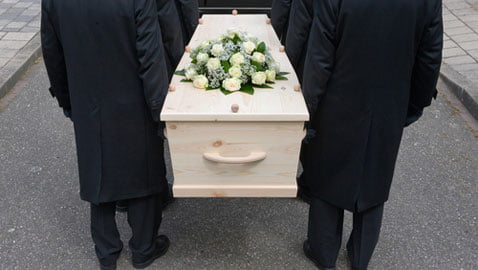In advance of ‘Dying Matters Week’ (14 to 20 May), research from Royal London shows 33% of adults have dealt with the financial affairs of someone who has died, yet only 23% have their own comprehensive file of financial information.
Royal London has a top five list of things to-do, to help your loved ones after you have gone:
- Write a will
A will ensures that the right people inherit from you and while most of us know how important it is to have a will and keep it up to date, many of us don’t do it. Royal London research shows that three in five adults (60%) don’t have a will, and 26% of those are aged 55 and above. It’s especially important for cohabitating couples to have a will, as the surviving partner does not automatically inherit any estate or possessions left behind.
- Think about care of children
If you have children it’s important to decide on guardians, but 58% parents with children under 18 haven’t chosen guardians should they die. Think about who you would want to step into this role and ask them if they’d be happy to do so. Then make sure you appoint them as guardians in your will.
- Write a When I’m Gone List
12% of adults admitted that it would be very difficult for anyone to handle their financial affairs after they died. Pulling together all your personal and financial information into one simple document can really help your loved ones when you’re gone. Royal London has produced a ‘When I’m Gone List’ to help you keep note of all your important financial documents and funeral wishes in one place.
- Make a plan to pay for your funeral
Royal London’s research shows that the average cost of a funeral is around £3,800, with 16% of people saying they struggled with the cost. Having a plan in place to pay for your funeral will mean your family won’t have to find several thousand pounds at a difficult time.
- Have a conversation with your family
Having a conversation with your family about your wishes can remove a great deal of uncertainty for them at a difficult time. Our research shows that for those that have had to arrange a funeral, 41% were not left any instructions from the deceased. Starting a conversation might include talking about your funeral wishes with your loved ones or showing them where your important documents are kept.
Louise Eaton-Terry, funeral specialist at Royal London, said: “Talking about death isn’t always easy, but having plans in place will lessen the financial impact and make things a little bit easier for those you leave behind.
“While planning can seem daunting, you can start by simply having a conversation with your loved ones about your last wishes.”
